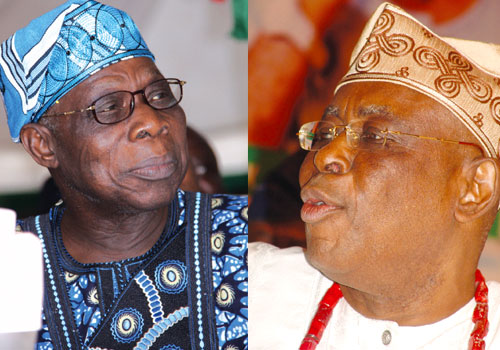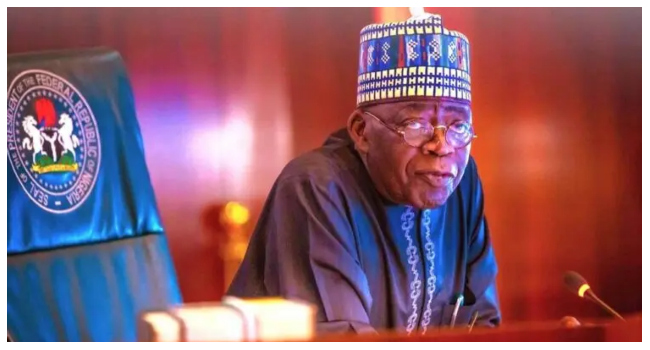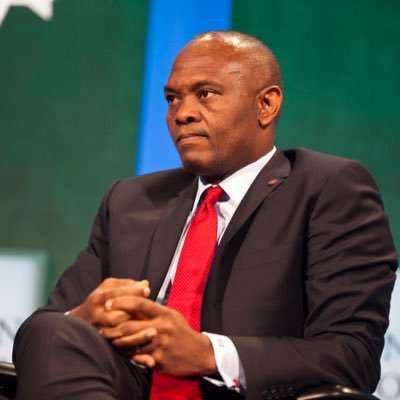Former Ogun State Governor and elder statesman under the All Progressives Congress (APC), Chief Olusegun Osoba, has criticized former President Olusegun Obasanjo’s handling of Nigeria’s power sector, suggesting that the $12 billion spent on debt repayment to the Paris Club could have been better utilized to address the country’s longstanding electricity challenges.
Speaking on the socio-political program “Inside Sources with Laolu Akande” aired on Channels Television, Osoba highlighted his disagreement with Obasanjo’s decisions during his presidency, particularly regarding elections and financial priorities.
“He (Obasanjo) did his best but I don’t agree with him on many things; I didn’t agree with him in his conduct of elections,” Osoba remarked. “I didn’t agree with him, for example, on the Paris Club Refund. There is no country that doesn’t owe.”
Osoba suggested that redirecting the billions used for debt repayment towards the power sector could have significantly improved Nigeria’s electricity supply, essential for industrialization. “If he had used it on the power sector, we would have solved our power problems today,” Osoba added.
Reflecting on other Nigerian leaders, Osoba described President Muhammadu Buhari as an introvert who delegates extensively, attributing this approach to both strengths and weaknesses in governance. He praised former President Goodluck Jonathan as a gentleman but criticized his delegation style, particularly in managing Nigeria’s oil sector.
However, Osoba reserved special commendation for former Head of State General Abdulsalami Abubakar (retd), acknowledging his role in facilitating Nigeria’s transition to democracy in 1999. “The democracy that we are enjoying today is the creation of General Abdulsalami Abubakar,” Osoba emphasized, highlighting Abubakar’s decision to voluntarily relinquish power.
Osoba, who served as Ogun State governor from January 1992 to November 1993 and again from May 1999 to May 2003, shares a state origin with Obasanjo, who served as Nigeria’s President from May 1999 to May 2007 after previously leading the country as a military Head of State from 1976 to 1979.
The discussion underscored ongoing debates over Nigeria’s economic management, particularly concerning debt relief and strategic financial investments in critical sectors like power generation and distribution.
The Debt Management Office (DMO) reported Nigeria’s external debt at N56 trillion ($42 billion) and domestic debt at N65 trillion ($46.29 billion) as of March 2024, indicating ongoing challenges in managing the country’s financial obligations amidst developmental needs.






